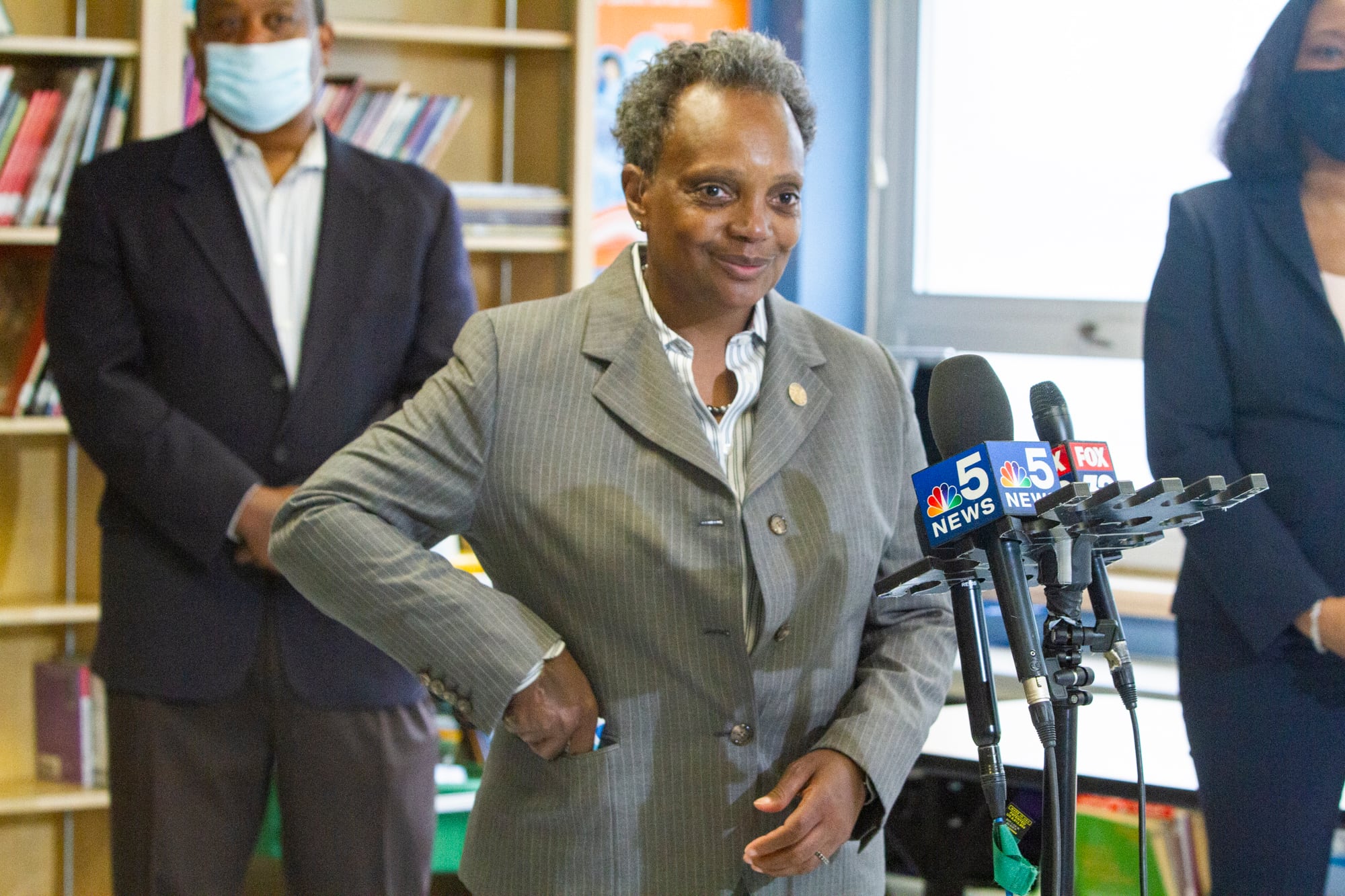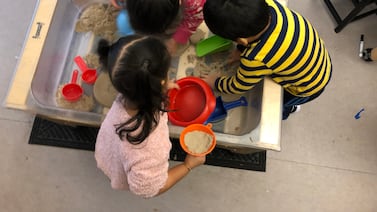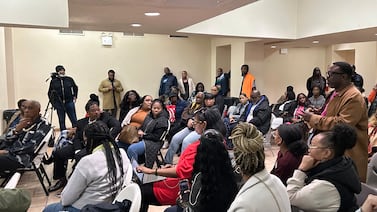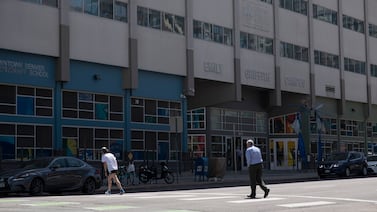A sweeping plan that would guide Chicago’s policy decisions for the next 10 years includes a number of strategies to expand educational opportunities in the city.
The ideas proposed in “We Will Chicago” include creating an Office of Learning, setting up learning hubs in every neighborhood, and repurposing empty school buildings.
The planning document also proposes ways to improve housing, environmental issues, public safety, and economic development.
The draft, which culminates two years of research, meetings, and feedback from Chicago residents, is the first comprehensive planning document since 1966. The plan is a priority for Mayor Lori Lightfoot.
Among the policy recommendations in a section dubbed “Lifelong Learning” is a new Department or Office of Learning aimed at increasing education resources and coordinating existing programs across Chicago Public Schools, City Colleges of Chicago, the Chicago Park District, the Chicago Public Library, and other education-focused organizations.
The section was crafted through the engagement process with a group made up of everyday Chicagoans who volunteered and public officials such as Kathy Dickhut, deputy commissioner at the Department of Planning and Development.
“It’s purposely not about CPS,” Dickhut said. “The idea was to help make connections between all kinds of agencies, departments, whatever people are doing in education.”
“There was a real desire to kind of harness all the activity and get it a little bit more organized through an office,” Dickhut noted about the proposed new Department or Office of Learning.
The plan also calls for a city-funded partnership coordinator to facilitate collaborations between companies and educational institutions such as Chicago Public Schools, Chicago City Colleges, and other universities.
The draft plan notes one of the city’s looming challenges: a declining school-age population.
“We didn’t really grapple with that,” Dickhut said. “We’re acknowledging the situation and the data that exists right now. But that will be part of moving forward in the discussions.”
The citywide plan outlines the controversial decision made by former Mayor Rahm Emanuel in 2013 to close 49 public schools on the South and West Sides amid declining enrollment. Since then, the district has lost another nearly 75,000 students. Nearly 25,000 of those students left since the start of the pandemic.
The citywide plan calls for an evaluation of existing facilities including shuttered schools, Park Districts, and other city properties to create community learning hubs in all neighborhoods, especially in Black, immigrant, Indigenous, and Latino communities. City officials would also explore the feasibility of constructing new facilities to make way for these learning hubs.
Other highlights include:
- Launching an awareness campaign around lifelong learning opportunities
- Creating paid internships and apprenticeships in city departments
- Partnering with CPS to recruit and retain more teachers of color
- Expanding funding and partnerships to support on-site or subsidized child care at workplaces
- Provide on-site care at Chicago City Colleges, the Park District, and public libraries
“Most of the objectives in here focus less on specific tactics to shore up enrollment,” said Skyler Larrimore, deputy director of policy at the mayor’s office, “but more thinking about stepping back and that 50,000-foot view for each community making sure that there is robust access to resources and networks.”
The objectives and the overall draft plan, Larrimore said, were created in coordination with community members.
“The plan wasn’t just the city sort of defining the outcomes alone in isolation, but really bringing in community members from the very beginning to co-define what these goals and objectives should look like,” Larrimore said.
City officials will host public meetings in the coming weeks and months to gather feedback. Residents can also weigh in online through a survey. The plan will be presented to the city’s Plan Commission and City Council for approval in 2023.
Mauricio Peña is a reporter for Chalkbeat Chicago, covering K-12 schools. Contact Mauricio at mpena@chalkbeat.org.






